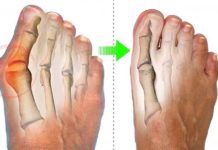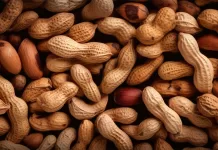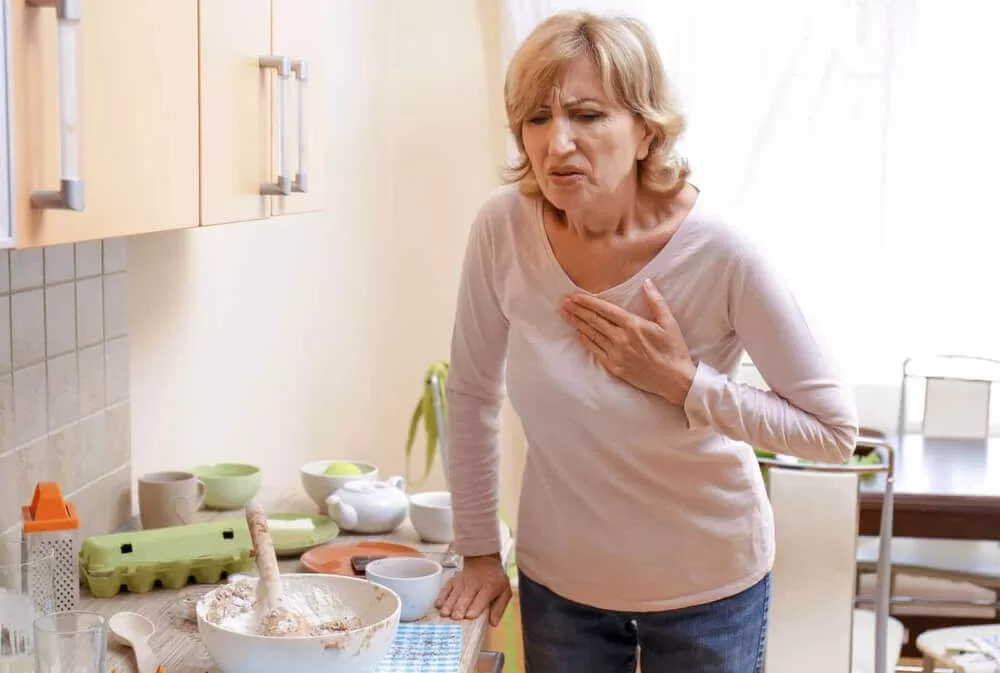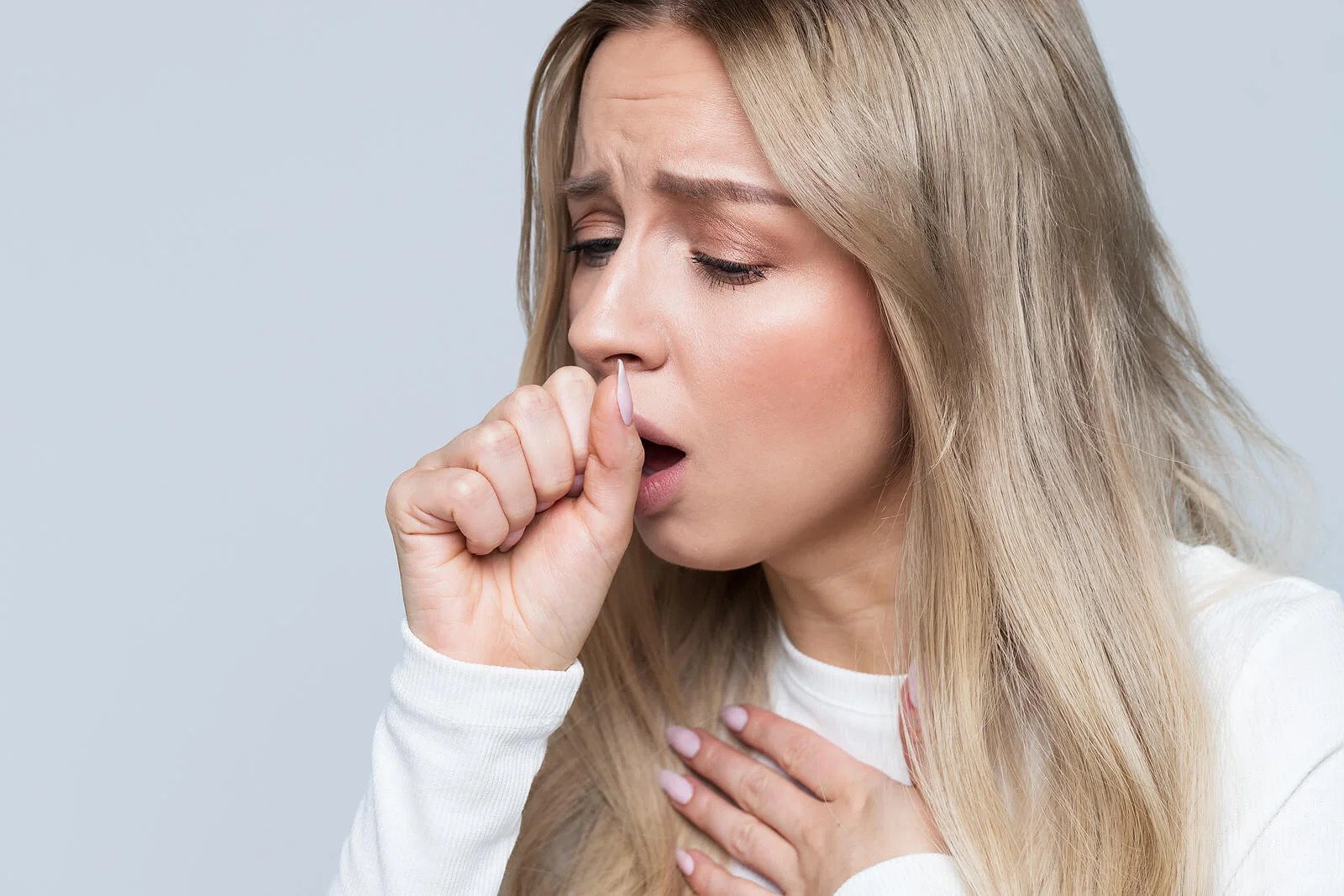Sometimes the chest hurts when breathing and the causes can be many. Some of them are quite serious, so it is a symptom that should never be overlooked. As a general rule, all chest pain should be a reason for medical consultation as soon as possible.
The reasons why the chest hurts when breathing are usually associated with lung or heart problems. It is a symptom that is present in different conditions and by itself is not enough to determine what is happening. Therefore, it must be subject to medical evaluation.
For all that has been said, it is clear that it is not easy to establish why the chest hurts when breathing. However, the main reasons are usually the following.
Pleurisy, one of the reasons why the chest hurts when breathing
Pleurisy or pleurisy is inflammation of the pleura. This, in turn, is a membrane containing two layers. One of these layers lines the inside of the rib cage and the other layer surrounds the lungs. When inflamed, it causes quite sharp chest pain, which increases with breathing.
In fact, the main symptom of pleurisy is that pain that increases when you breathe in and out. For this reason, it is also common for there to be a sensation of shortness of breath, since the person tries to breathe very gently so as not to increase the discomfort. Sometimes the pain spreads to the shoulders and back.
Sometimes, fluid collects between the two layers of the pleura. This is known as a pleural effusion. If there is a lot of liquid, pressure appears on the lung that can lead to it collapsing totally or partially. This generates cough and greater respiratory difficulty.
Pericarditis
In pericarditis it is also felt that the chest hurts when breathing. This is an inflammation of the pericardium, which is a membrane that surrounds the heart. It has two layers, and when it becomes inflamed, the fluid level between them increases. This creates pressure on the heart and limits its pumping.
The main symptom of pericarditis is severe pain in the left side of the chest. This pain increases when breathing, especially if it is done deeply. This pain worsens when lying down and is usually accompanied by cough, fever and a general feeling of malaise.
Pulmonary embolism: chest pain when breathing
Pulmonary embolism is a life-threatening condition that occurs when a thrombus breaks free from another part of the body and reaches the pulmonary arteries. Generally, that thrombus comes from the lower extremities of the body.
The symptoms of pulmonary embolism are not always the same. However, it is very common for there to be acute chest pain, which increases when breathing with a certain depth. There is also usually dizziness, agitation, anxiety, fainting or seizures, among others.
Neumothorax or lung collapse
Lung collapse, or pneumothorax, is a condition that occurs when air escapes from the lung and settles between the lung itself and the rib cage. This accumulation of air exerts strong pressure on the lung and prevents it from expanding normally during inspiration.
The typical symptom of pneumothorax is sharp pain in the chest, which increases when breathing or coughing. There is also respiratory distress and chest tightness. Sometimes it causes dizziness and lightheadedness, as well as bluish skin color, increased heart rate, and shock.
Pneumonia
Another reason why your chest hurts when you breathe is pneumonia. This is an infection that causes inflammation in one or both of the air sacs in the lungs. These sacs can fill with fluid or pus, causing a strong cough with phlegm or pus. Pneumonia has variable severity and is life-threatening.
One of the characteristic symptoms is chest pain when breathing or coughing. There is also cough, fatigue, fever, chills, nausea, vomiting, shortness of breath and, in some cases, disorientation or changes in mental functioning.
Costochondritis: chest pain when breathing
Costochondritis is an inflammation that occurs in the cartilage that joins a rib to the breastbone, or sternum. Such inflammation causes severe chest pain, which is often mistaken for a heart attack.
The pain is markedly increased by deep breathing or coughing. The cause of this phenomenon is not known, and it usually goes away on its own after a few days or weeks.
Do you have chest pain when you breathe? If so, we encourage you to consult your doctor as soon as possible so that he can do a complete check-up and tell you what you have and how you should take care of yourself to get better.















